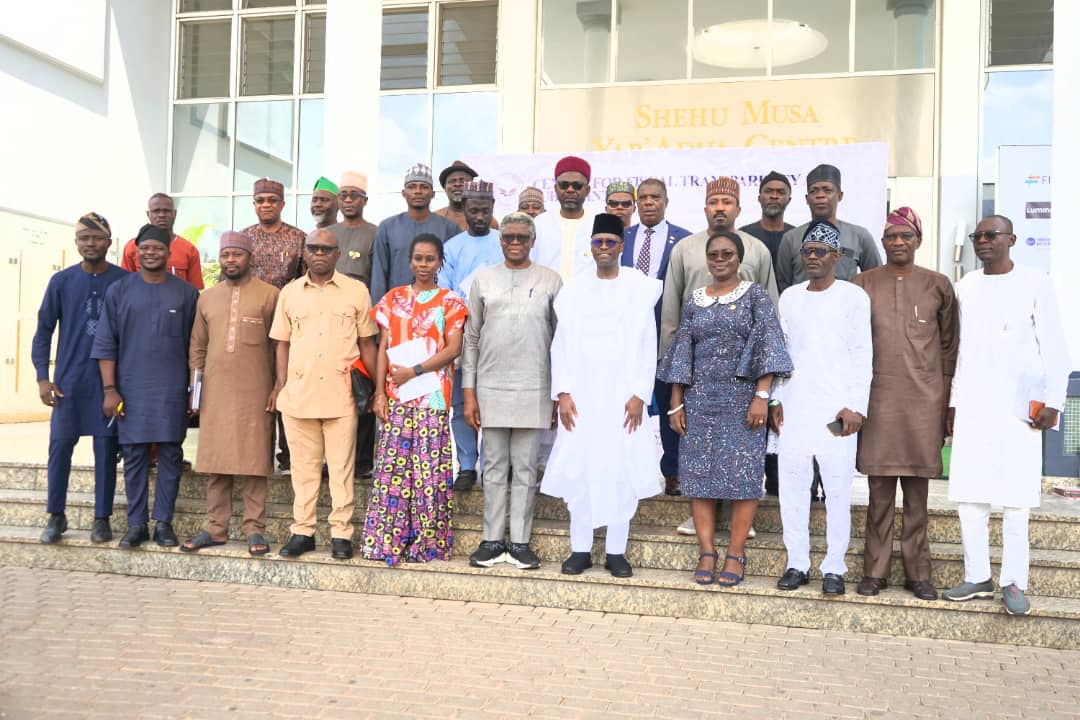The Chairman of the Independent Corrupt Practices and Other Related Offences Commission (ICPC), Dr. Musa Adamu Aliyu, SAN, has reiterated the Commission’s commitment to strengthening institutional frameworks across Nigeria’s 774 Local Government Areas (LGAs).
Dr. Aliyu gave this assurance on Friday in Abuja during the official presentation of the First Nigerian Local Government Integrity Index Report by the Centre for Fiscal Transparency and Public Integrity.
In his remarks, the ICPC Chairman commended the initiative, describing it as a timely and valuable tool for deepening transparency and accountability at the grassroots.
He noted that the Commission would carefully study the findings and integrate some of the report’s innovations into its own recently launched programme—Accountability and Corruption Prevention in Local Governments (ACCP-LG). “We shall take a cue from this Index Report, particularly the issues that touch on transparency, accountability, and local government finances. The Commission will review the findings thoroughly and determine how to fuse the novel ideas highlighted into our ACCP-LG initiative. Our goal is to strengthen institutional frameworks in local governments, ensuring they deliver impactful and effective services to the people,” Dr. Aliyu said.
Presenting the report, the Executive Director of the Centre for Fiscal Transparency and Public Integrity, Dr. Umar Yakubu, revealed that the study uncovered a deep governance crisis in Nigeria’s local government system. According to the findings, 85 percent of LGAs fall into the “Very High” or “Critical” risk categories, reflecting widespread opacity, weak enforcement mechanisms, and fragile service delivery.
The Index assessed LGAs using eight key pillars: fiscal transparency, resource mobilisation, anti-corruption enforcement, post-election governance, civic oversight, public service outcomes, digital infrastructure, and security environment.
Key highlights of the report include:
1. Systemic Integrity Failures: 658 LGAs (85%) ranked in Tiers 4 and 5 (“Very High” and “Critical” risk).
2. Low-Risk Benchmark: Only four LGAs (0.5%) fell into Tier 1 (“Low Risk”), with Nasarawa LGA in Nasarawa State emerging as the national model for transparency, scoring 15/100.
3. Critical Cases: Port Harcourt LGA in Rivers State scored 92/100, with no functional website, frequent FOI denials, poor disclosures, and a history of violence and alleged election manipulation.
4. State Trends: While most states averaged “Very High Risk,” exceptions were noted in Lagos, Jigawa, Nasarawa, and Kaduna.
Dr. Yakubu further recommended urgent reforms, including:
1. Direct fund allocation from the Federal Government to LGAs without state interference.
2. Mandatory quarterly transparency audits for high-risk LGAs.
3. Adoption of open contracting, asset disclosure frameworks, and digital governance platforms.
The event underscored ICPC’s ongoing collaboration with civil society organisations and other stakeholders in using research, verifiable data, and evaluation to strengthen Nigeria’s anti-corruption ecosystem and provide credible information to the public.


